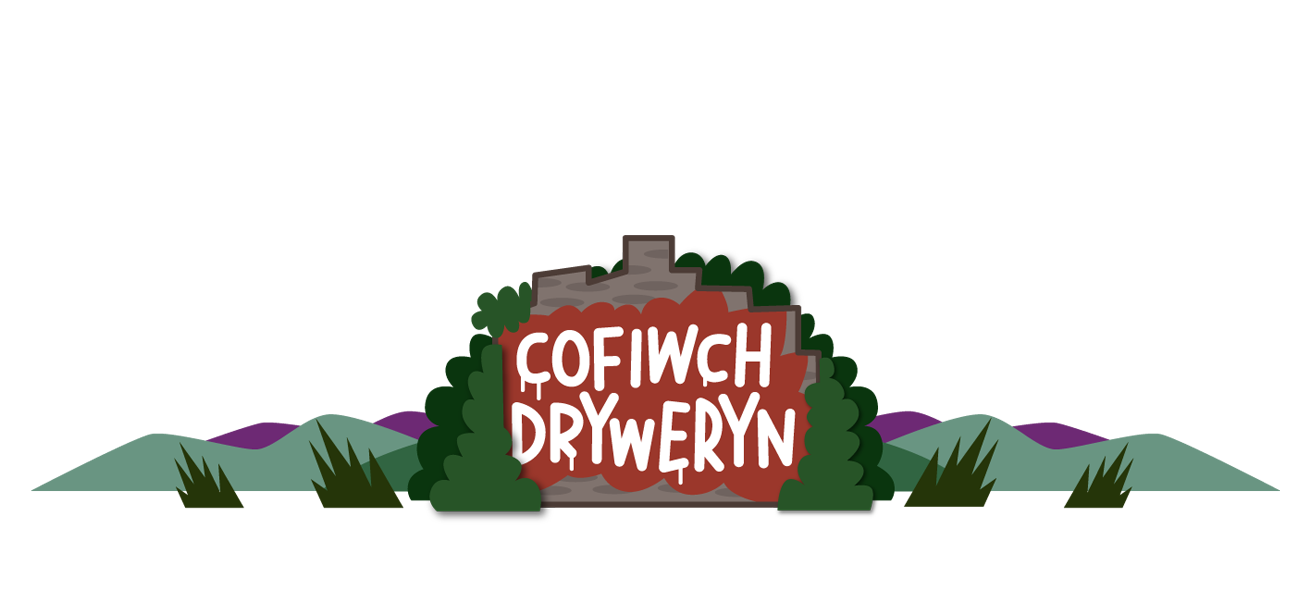

In 1847, a report on Welsh education (the ‘Blue Books’) was presented to the British government. Research was conducted by English commissioners who spoke no Welsh and relied on the testimony of Anglican clergymen at a time when most Welsh people attended Chapel. It concluded that Welsh children (and especially girls) were stupid, lazy, immoral and irreligious; blaming non-conformism and the Welsh language. Whilst faintly criticising English-only education and the use of the Welsh Not to punish children for speaking Welsh, the overarching sentiment typifies 19th century ruling class attitudes. Poet Robert Jones Derfel (1824-1905) led a furious response to the report, which he termed Brad y Llyfrau Gleision ('Treachery of the Blue Books'). A Welsh Not was found in Garth School, Bangor during its demolition, and the newly opened Storiel - Gwynedd's Museum & Art Gallery - has a fantastic collection of Welsh-language folk heritage.
Photo of the Garth School Welsh Not - copyright @Storiel
Storiel, Bangor
-
- Region : North West Wales
- Grid Ref : SH 58126 72142
- GOOGLE Map
- Visit the website
- Add to your list
In 1847, a report on Welsh education (the ‘Blue Books’) was presented to the British government. Research was conducted by English commissioners who spoke no Welsh and relied on the testimony of Anglican clergymen at a time when most Welsh people attended Chapel. It concluded that Welsh children (and especially girls) were stupid, lazy, immoral and irreligious; blaming non-conformism and the Welsh language. Whilst faintly criticising English-only education and the use of the Welsh Not to punish children for speaking Welsh, the overarching sentiment typifies 19th century ruling class attitudes. Poet Robert Jones Derfel (1824-1905) led a furious response to the report, which he termed Brad y Llyfrau Gleision ('Treachery of the Blue Books'). A Welsh Not was found in Garth School, Bangor during its demolition, and the newly opened Storiel - Gwynedd's Museum & Art Gallery - has a fantastic collection of Welsh-language folk heritage.
Photo of the Garth School Welsh Not - copyright @Storiel

